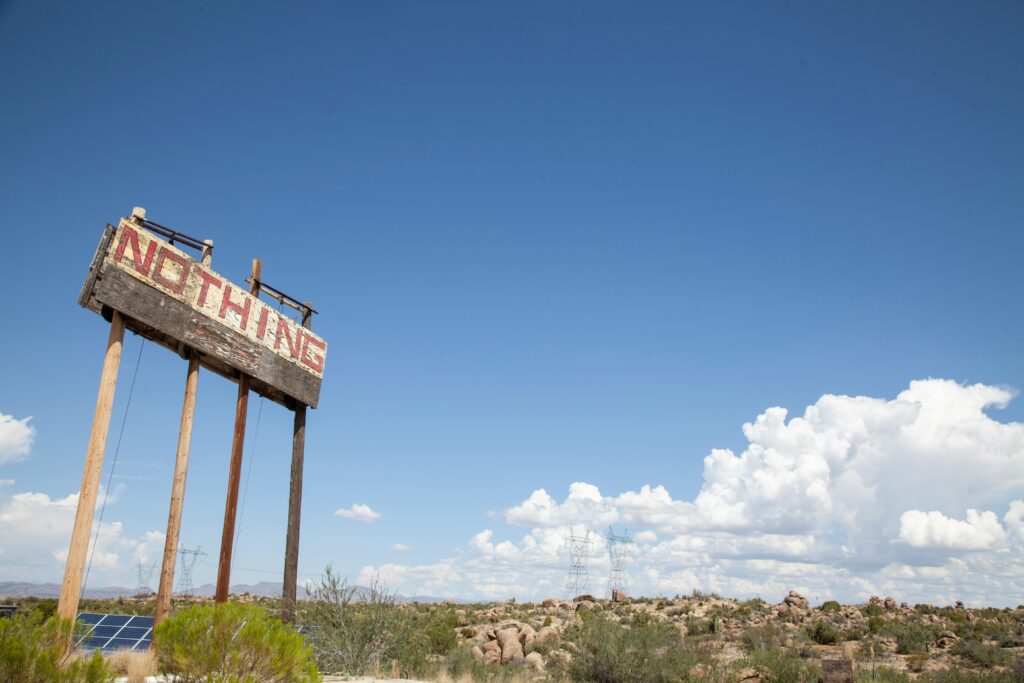
A few years ago, a buddy of mine offered me a free in-home gym set that was fully stocked. The entire set must have weighed at least 1,500lbs and worth up to a few thousand dollars.
I politely declined.
While I don’t consider myself a minimalist, I happen to own practically nothing. My ‘09 Corolla is my most valuable asset at around $1,000 dollars. Every other item I own is worth but a fraction of that. And they are so few that I can safely say that I don’t really own anything.
Owning nothing isn’t something I necessarily set out to do.
Instead, my general desire for maximum freedom brought me to this place without me really even noticing. That is, until I recently found myself contemplating whether I would deploy my full lump sum toward an investment that would leave me cashless.
Emergency fund and all.
Careful analysis of my situation revealed a unique benefit of owning nothing: Owning nothing makes you immune to most bad things that can happen in your life.
Owning nothing may sound a bit extreme, but let’s at least discuss the merits it has for emergency proofing your life.
Contents
Owning Too Many Things
Most people own quite a few things. The normal progression for most adults is to buy a car and eventually a house. We buy the house and then begin filling it with things such as furniture, TVs, appliances, and toys.
Before we know it, our lives become so full of accumulated stuff that we squeeze them inside the 2 car garages that we paid extra for. This is why we see so many car lined suburbs. And also explains why quacky shows like storage wars can even exist.
Clutter aside, owning a bunch of stuff has more serious consequences which we will get to next.

The Costs Of Owning So Much Stuff
The major problem with owning anything is that you become bound to it and responsible for it. This means that each additional item you own places a greater burden on your shoulders whether you realize it or not.
In addition to the implicit (and sometimes explicit) burden they place on you, another downside of owning things is the financial costs to maintain them.
I’ve cited before that home maintenance costs are one of the top knocks against ownership relative to renting. Moreover, practically everything else we own also comes with a maintenance bill. (Such as umm.. cars anyone?)
Other significant downsides to owning things are the losses of flexibility they impose and the increased risk they add to our lives.
Overall, the point here is to highlight that owning things always comes with costs. Now let’s discuss the opposite end of the spectrum which is owning nothing.
The Own Nothing Lifestyle
The own nothing lifestyle practically does away with all of the downsides associated with owning many things.
At the most extreme level, owning absolutely nothing would mean you have no burdens of ownership. It also means that you don’t have the huge costs of maintenance that are often associated with the stuff we own.
This is why I say renting is not a waste of money. It can actually save you a ton of time and money.
Owning fewer things also makes you more free and nimble. No one can ever argue whether the digital nomad is more or less free than the typical homeowner. The nomad is more free because all of his possessions are in his suitcase.
And finally, as mentioned at the start, the biggest point I’d like to make is that owning nothing makes you more resilient and less vulnerable to disaster.
Owning Nothing Makes You Antifragile
In his 2012 book, Anti-fragile: Things That Gain from Disorder, Nassim Taleb introduced the following definition for the term Anti-fragility:
Some things benefit from shocks; they thrive and grow when exposed to volatility, randomness, disorder, and stressors and love adventure, risk and uncertainty…Let us call it anti-fragile. Anti-fragility is beyond resilience or robustness. The resilient resists shocks and stays the same; the anti-fragile gets better.
Nassim Taleb
What this essentially means is that a thing that is anti-fragile can withstand difficult times and actually grow stronger during them.
According to Taleb, most things that we encounter are simply made to be robust – which means they can only withstand stress while remaining the same as they were before.
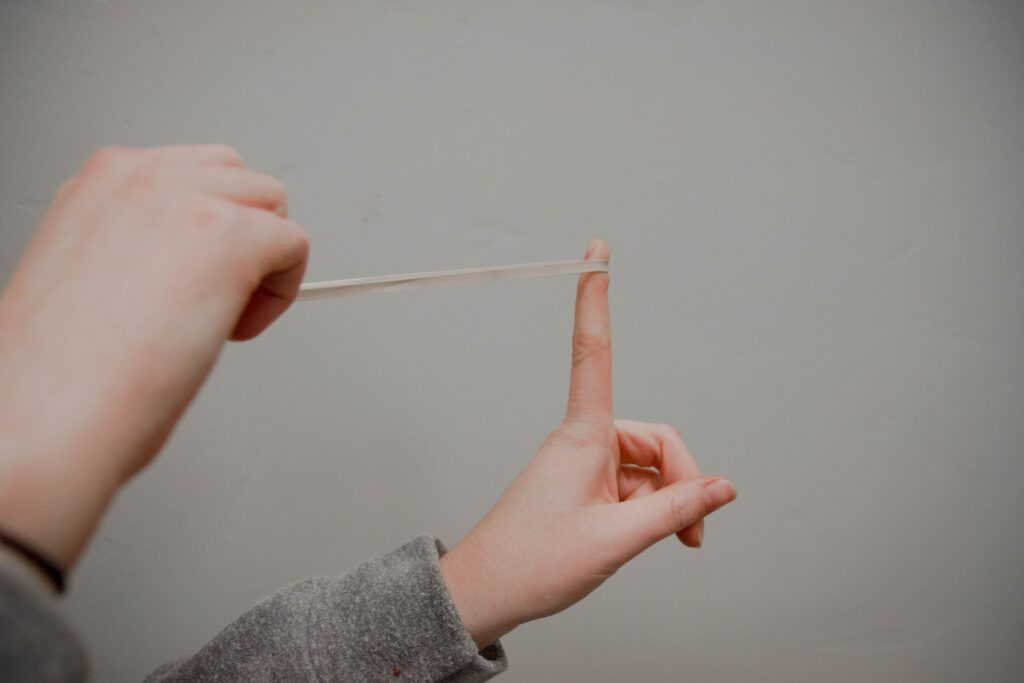
Owning Nothing And Antifragility Example
Let’s take an extreme, albeit real life situation to illustrate. For this example we will use the recent Maui disaster that by all accounts was one of the worst natural disasters in history with estimated damages of $5.5 billion.
We will assume that a typical family in Maui owned an expensive home with a mortgage, vehicles, a small business, and several rental properties with mortgages. Not too far fetched considering Maui is one of the most expensive cities with a median real estate real estate sale price of $1,300,000.
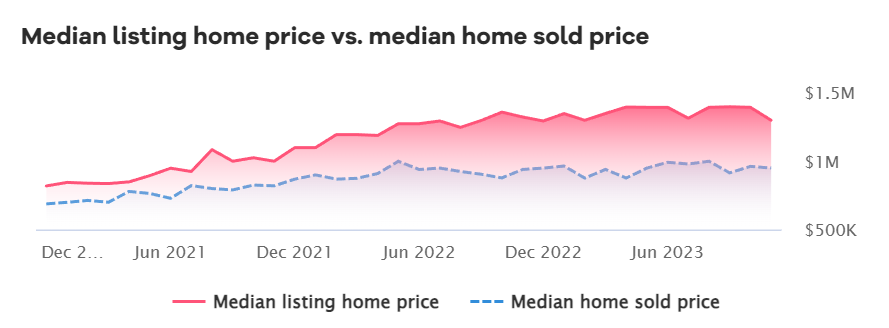
The Maui fire destroyed everything in its path, meaning our family would have lost all of their possessions.
Ideally they would have had insurance to cover everything, but it would be time consuming and cumbersome to go through the claims process for an expansive list of items.
This would at best be an example of a robust situation as mentioned by Nassim. Going through the claims process with insurance is time consuming, cumbersome, and at best results in only replacing what was originally lost.
Owning Nothing During Disaster
In an anti-fragile scenario, this same family could have owned nothing and thus lost nothing aside from the minor personal items inside the home they rented. Of note, owning nothing provides the family with extreme flexibility to quickly pivot and take advantage of new opportunities during difficult times.
They could have feasibly quickly moved moved to a new place and had minor interruptions in their ability to continue working. And finally, they could use their free capital to purchase deals distressed homeowners or leverage this capital in the restoration efforts.
Thus, such a disaster could feasibly make them stronger.
Owning Nothing Requires A Smaller Emergency Fund
This brings me back to my opening point of needing to decide if I would deploy my full lump sum toward an investment.
Wouldn’t spending all of my capital leave me vulnerable to an emergency?
Under normal living circumstances, having no emergency fund would be unwise. But, since I own nothing, the question becomes “what exactly am I vulnerable to?”
With no things to look after and no debt, my risk profile is minimum. This means it may actually be inefficient to leave a sizable amount of money aside to cover emergencies that my lifestyle is inherently designed to withstand.
At the absolute worst, job loss or injury would force me to return to the open arms of my family. Thanks, mom!
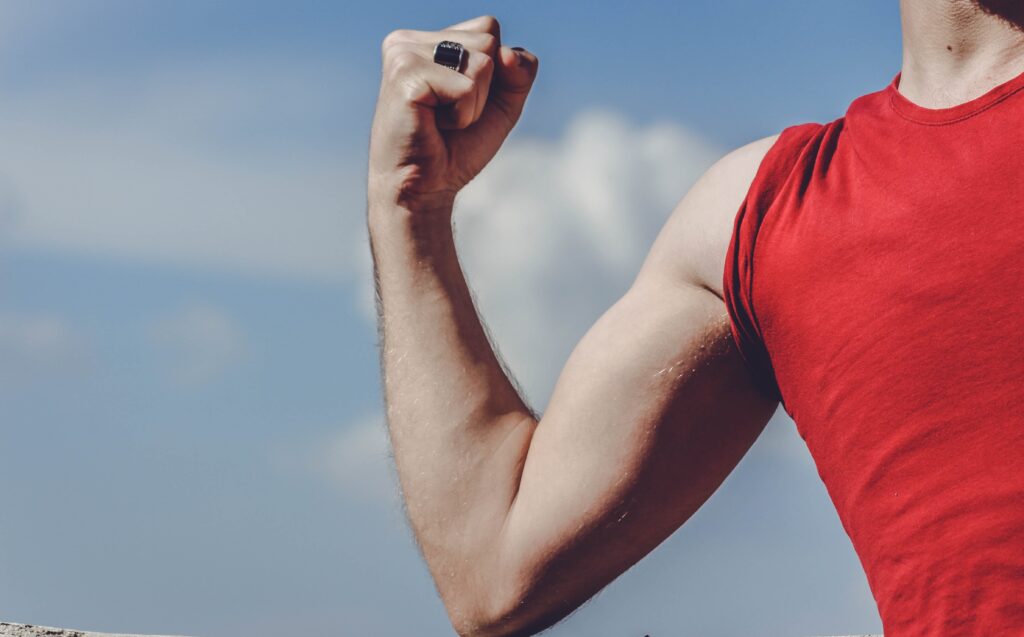
Owning Nothing + Being Debt Free = Antifragility
The ultimate form of anti-fragility is to combine owning nothing with having no debt.
This lifestyle arrangement provides the ultimate level of flexibility and readiness to seize opportunity.
It is very easy to move across the country for your dream job when you are unencumbered by stuff. Further, having free cash flow is the best position to be in if you want to capitalize on opportunities.
The less stuff you have also means fewer funds you need to keep in reserve for rainy days. Have no debt lowers this requirement event further.
Owning Nothing Is Good For The Environment
One reason I’m compelled to own as few things as possible is from concern for the environment. The U.S. is a rich land that produces a significant amount of environment harming waste. And we are not alone as Yale University reports that “the world’s richest half-billion people are responsible for 50 percent of the world’s carbon dioxide emissions.”
That’s fewer than 10% of the world’s population. So, in other words, there is a clear linkage between wealth, consumption, and environmental pollution.
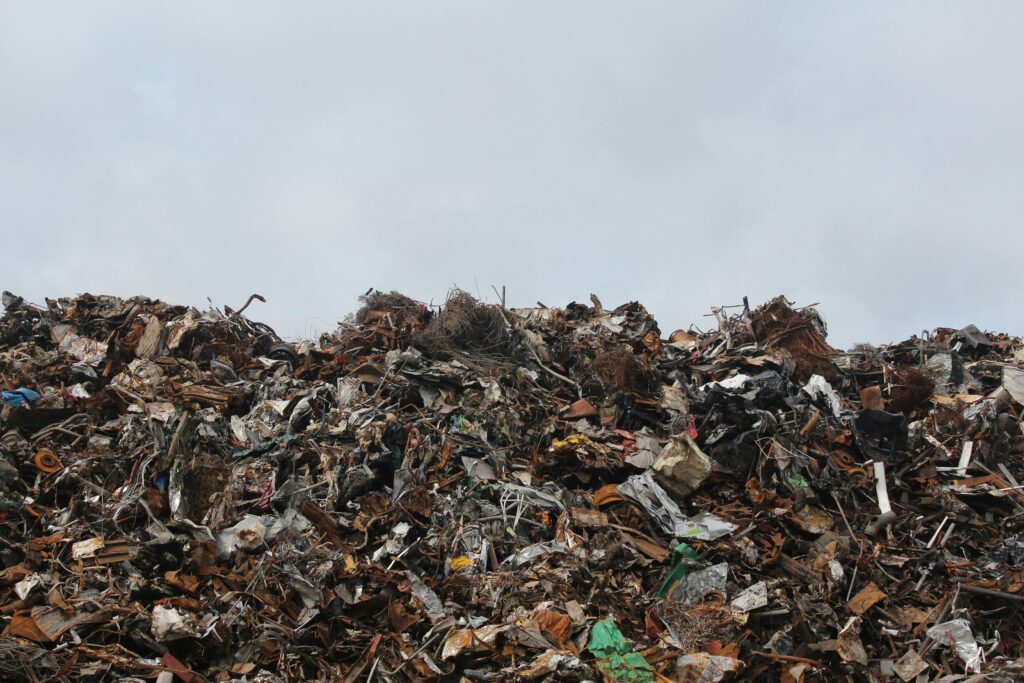
This is because pollution is a by product of all forms of production. Plants that manufacture goods produce waste. As do animal processing operations. Same with utilities. And of course, the waste we produce discarding things needs no explanation.
In essence, somewhere along the chain of owning things is a certain amount of harmful waste associated with the production and disposal of those things. Unfortunately, everything has an offsetting cost – even if we’d like to ignore them.
Owning nothing helps solve the environment issue because the production of things will decrease if demand for things decrease. We must all look in the mirror as ask how we can cut back if we truly want to save the planet.
The Downsides Of Owning Nothing
As far as downsides, owning nothing probably has many.
For starters, owning nothing would mean you don’t get to enjoy the sensation of ownership. There is great pride in owning things. Just ask the millions of homeowners.
Owning nothing also means you may not have certain investments. Again, the home is a perfect example. The flip side of this is that you should have a lot of cash to leverage. But then you must figure out how to put it to work.
The final downside to owning nothing that is worth mentioning is that it is simply not normal. For most people, living a life outside of the normal box is undesirable. We are social creatures and have strong a need to fit in.
Am I Telling You To Own Nothing?
Of course not! I think people should own whatever it is they desire.
That said, my own life is showing me that owning nothing has real merit and should be considered for those looking for maximum freedom or flexibility.
For everyone else, this article should at least drive home the point that we should be careful as we acquire more and more things.
We should carefully consider the things we want and why we want them with acknowledgment that acquiring those things will add layers of responsibility and complexity to our lives.
